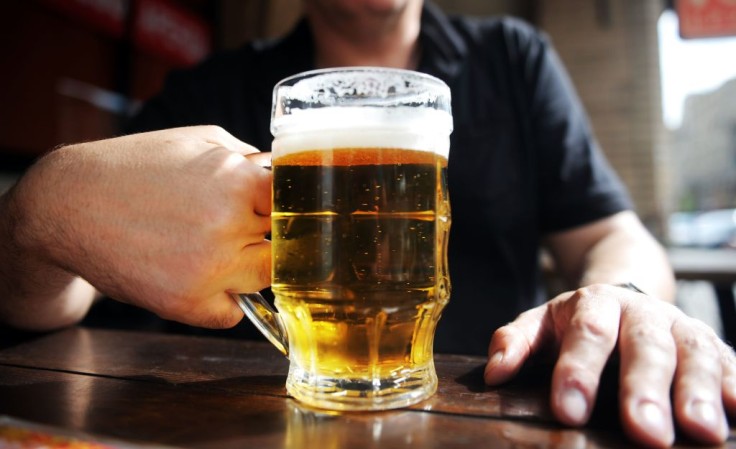
About seven million kids between the ages of 12 to 20 years old have sipped alcohol at least once in their life but underage drinking is more prevalent among the 14 to 15-year-old kids. Some parents might throw a fit if they catch their teens drinking alcohol because it's illegal, risky and bad for their health.
While it's normal for parents to worry and feel upset or disappointed if they find out their teenagers have developed a taste for beer, gin, and other alcoholic drinks, there are better ways for adults to guide their children before this becomes a serious problem.
Below are some do's and don'ts to follow when parents catch their teens drinking alcohol:
1. Don't lecture but have a conversation with your teenager.
Resist the urge to preach to your teens about the dangers of alcohol because they will likely clam up and struggle with opening up to you. Instead, have a conversation with your kids in a calm manner and be ready to listen as they explain why they drank beer. There could be some underlying issues, such a peer pressure or depression, and you have to know these details so you can come up with a better game plan to help your son or daughter.
Ask questions and be open-minded yet firm about talking to your teenager. Don't let them feel judged even if you don't agree with what they did. At this point, all they likely want is for their parents to hear and understand instead of receiving a lecture on what they are doing to their bodies.
2. Do talk about the reasons not to drink.
Most teenagers feel that they are invincible and that nothing bad can happen to them because they are young and do not have diseases. However, per Kids Health, it's important to emphasize to the kids that drinking young can cause health problems later on when they are adults.
Aside from the fact that alcohol is illegal until they are 21 years old, drinking can also lead to changes in their brain or influence them to do things they could regret. If they are drinking as a way to fit in with their peers, it's important for the parents to make their kids feel that they are loved and valued by their family.
According to the National Institute on Alcohol Abuse and Alcoholism, having a strong parent and child relationship can make teenagers less susceptible to drinking. On the other hand, if the teenager's relationship with their parents or the adults around them is full of conflict, then they are likely to try alcohol and develop a bad habit of it.
3. Do keep the channels of communication open.
Conversations about drinking alcohol is not a one-time thing. Parents should make this an ongoing talk with their kids, especially if there are underlying issues.
If they are using alcohol to cope with the pressures of life, perhaps the family can do leisure and recreational activities more regularly so that the teenager's energy is driven towards that hobby rather than alcohol. It might also be a good idea to seek outside help from a professional.
If a teenager is pressured by their peers, both the child and parents need to work out ways to handle the situation. According to Help.Org, parents should teach their kids an exit strategy or an alternate plan if their friends invite them to drink.